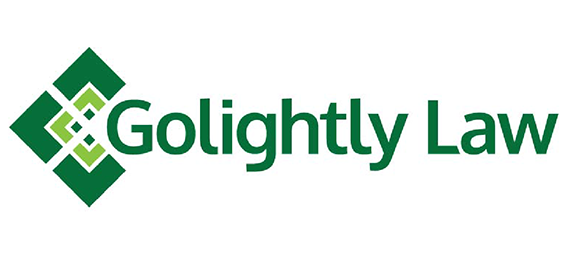
The 3 Essential Estate Planning Documents for Your Estate
Estate planning may seem daunting, but it’s an essential process for ensuring your assets are managed and distributed according to your wishes after you’re gone. Central to this process are legal documents such as wills, trusts, powers of attorney, and advanced medical directives. In this guide, we’ll break down each of these components and their significance in estate planning.
The three essential estate planning documents you will want to have drafted to safeguard your estate are:
- A will or a revocable trust,
- A power of attorney, and
- An advanced medical directive
Essential Document 1: Either a Will or a Revocable Trust:
You will want to consult with your attorney and your estate planning team to determine whether you should have a will, a revocable trust, or both to meet your estate planning goals. Below is a little more detail about why one or the other might be best to meet your needs.
What is a will?
A will, also known as a last will and testament, is a legal document that outlines how you want your assets and property distributed after your death. It allows you to designate beneficiaries for specific items or assets and name an executor to manage the distribution of your estate. Without a will, state laws (intestacy laws) will determine how your assets are distributed, which may not align with your wishes.
Probate is the process of administering and carrying out your wishes after you pass. Your will will appoint an executor who will work with the local probate court to transfer your assets to your beneficiaries. Your executor will be responsible for paying probate fees, taxes, debts, and transferring your assets.
What is a Trust?
A trust is a legal arrangement where a trustee holds and manages assets for the benefit of beneficiaries. There are various types of trusts, but they generally involve three parties: the grantor (the person who creates the trust), the trustee (the person or entity who manages the trust), and the beneficiaries (those who benefit from the trust). A trust can help avoid probate, maintain privacy, and provide control over how assets are distributed.
Probate is the legal process through which a deceased person’s estate is administered and distributed. It can be time-consuming, expensive, and subject to public scrutiny. By placing assets in a trust, they are no longer considered part of the probate estate, meaning they can be distributed to beneficiaries without going through probate. This can result in faster distribution and lower costs.
What is a Pour Over Will?
A pour over will is a type of will that works in conjunction with a trust. It essentially “pours” any assets not already in the trust at the time of your death into the trust. This ensures that all assets are included in the trust and distributed according to its terms, bypassing probate.
Essential Document 2: Power of Attorney
A power of attorney is a legal document that grants someone else the authority to act on your behalf in legal, financial, or medical matters. There are different types of powers of attorney, including general, limited, and durable. A durable power of attorney remains in effect even if you become incapacitated, making it an essential component of incapacity planning.
Essential Document 3: Advanced Medical Directive
An advanced medical directive, also known as a living will or healthcare directive, is a legal document that outlines your wishes regarding medical treatment in the event you become incapacitated and unable to communicate. It may include instructions regarding life-sustaining treatments, resuscitation, and organ donation. Additionally, it often appoints a healthcare proxy, someone to make medical decisions on your behalf according to your wishes.
Consult with an Estate Planning Attorney
Estate planning involves more than just drafting a will—it’s a comprehensive process that considers various legal documents to protect your assets and ensure your wishes are carried out. From wills and trusts to powers of attorney and advanced medical directives, each component plays a crucial role in safeguarding your estate and providing peace of mind for you and your loved ones. Consulting with an experienced estate planning attorney can help you navigate these complexities and create a plan tailored to your needs.
Click here to set up a consultation with one of the estate planning attorneys at the Golightly Law Firm.



